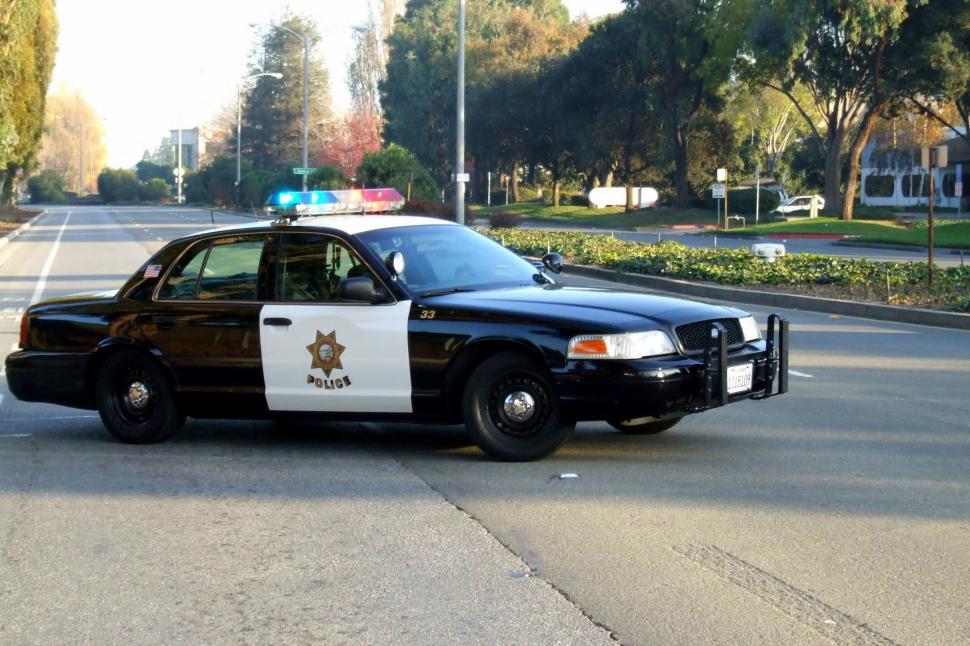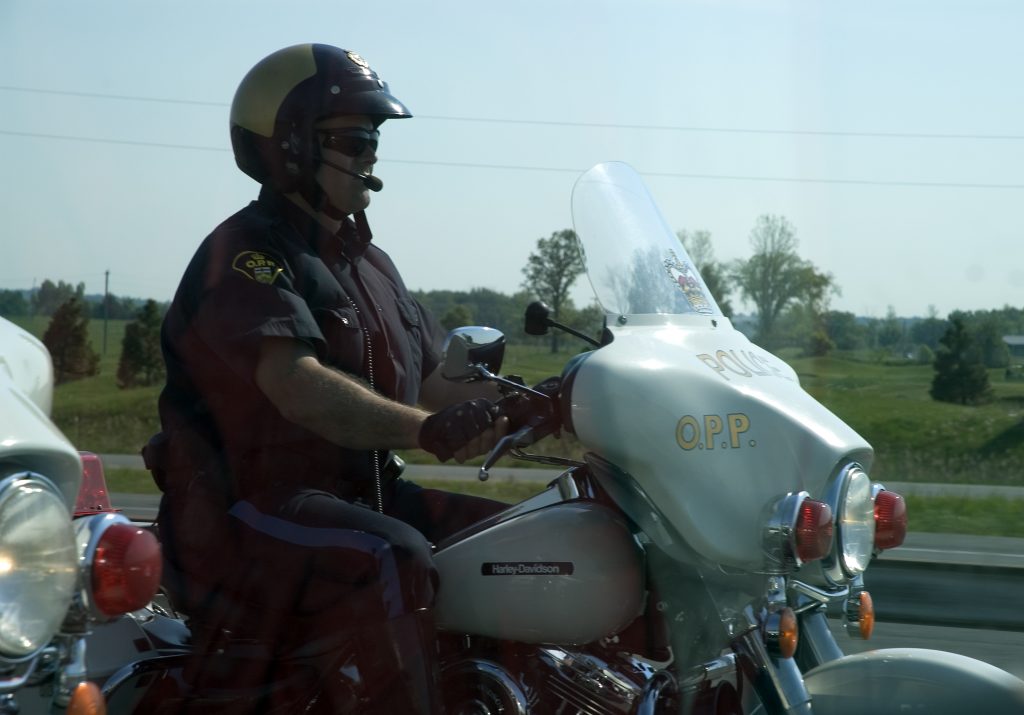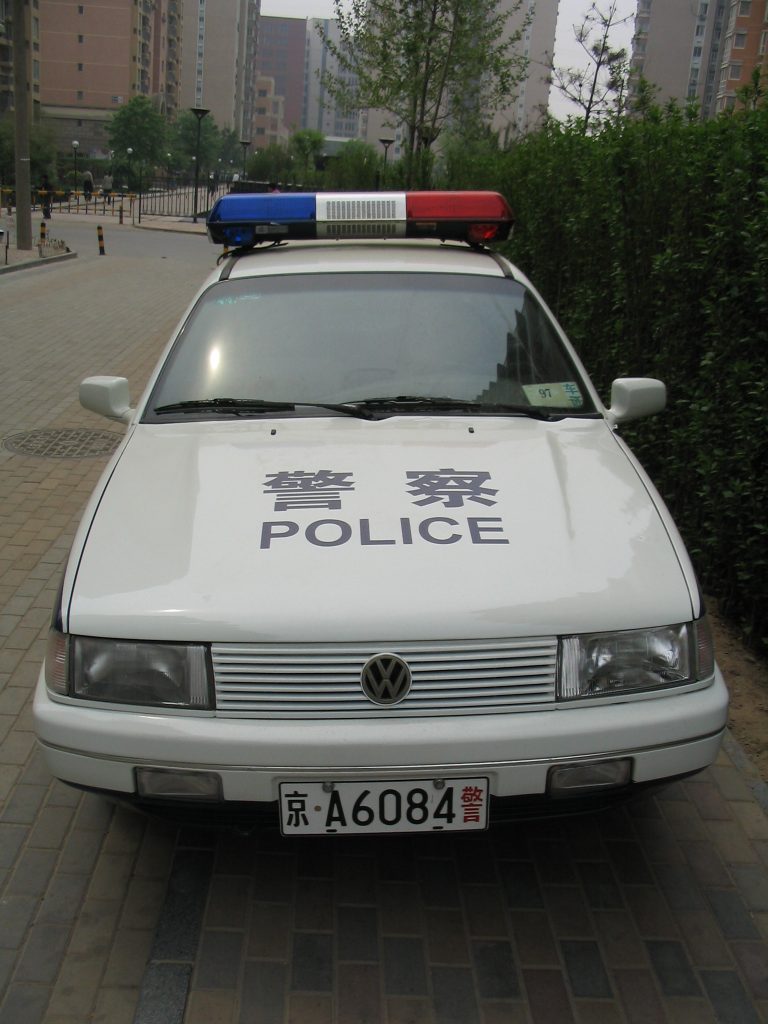 Colorado law requires all people arrested for any Felony offense to submit a DNA sample in relation to arrests on or after September 20, 2010. Felony offenses include those charged by complaint, information, and indictment. It even includes those not arrested who appear in court on a summons.
Colorado law requires all people arrested for any Felony offense to submit a DNA sample in relation to arrests on or after September 20, 2010. Felony offenses include those charged by complaint, information, and indictment. It even includes those not arrested who appear in court on a summons.
The law enforcement agency who completes the booking is responsible for the DNA collection process. If DNA is not collected through the booking process then the Court is required to order the defendant to submit to DNA collection through the investigating agency responsible for the fingerprints in the case.
Law enforcement officers are authorized to use reasonable force to collect a DNA sample and thereafter are required to submit the sample to the Colorado Bureau of Investigation (CBI) for testing. If a defendant’s DNA sample is already on file with CBI, then the law enforcement agency should not collect a new DNA sample.
Fortunately for those who’ve had their cases dismissed outright, have been found not guilty at trial, resolved their case to a Misdemeanor rather than a Felony offense, or were arrested but never charged, a process exists to expunge the collected DNA. The process goes through the CBI rather than the Colorado court system.
A written request must be submitted to the CBI including the following information: date of arrest, or other date when the DNA sample was collected, the person’s name, date of birth, and address, the police agency which collected the DNA, a listing of the charges filed, which court the case is in, the case number, and a declaration that the person’s case qualifies for expungement.
Thereafter, the CBI submits an inquiry to the district attorney’s office who prosecuted the case. Within 90 days after the CBI receives a request to expunge DNA, the CBI shall destroy the DNA and the results of the testing from both the state index system and the federal combined DNA index system unless the CBI receives notice from the district attorney’s office that the person does not qualify to have his/her DNA expunged.
Within 30 days after CBI receives notice from the district attorney’s office or at the end of the 90 day period referenced-above, whichever is earlier, CBI shall notify the person making the request that the DNA has been destroyed and the record expunged or why CBI didn’t destroy and expunge the records.
DNA evidence shall not be used against a person in a criminal case if the DNA was required to be destroyed and expunged or obtained after the deadline for destruction or expungement.
 Denver DUI Attorney Blog
Denver DUI Attorney Blog





